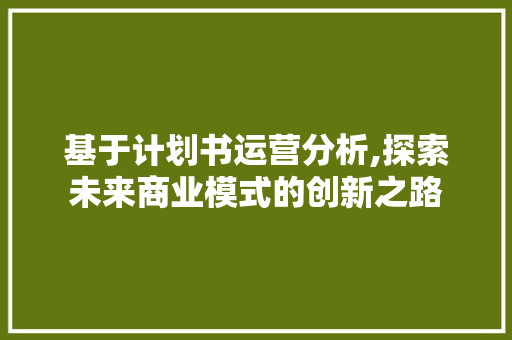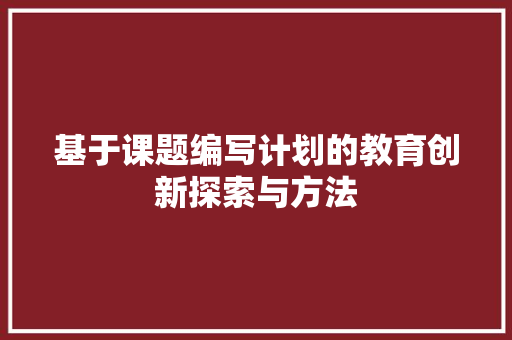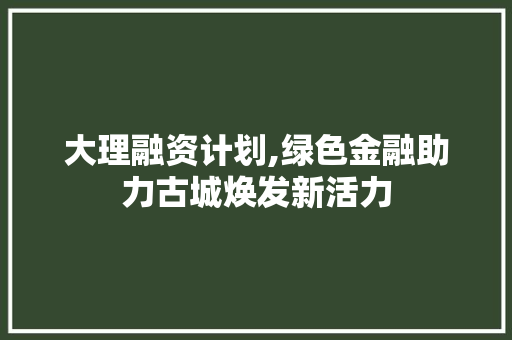Content:
Introduction:

The ability to communicate effectively is a cornerstone of human civilization. Language serves as a bridge that connects different cultures, ideas, and perspectives. One of the key elements of effective communication is a robust vocabulary. A vast vocabulary not only enhances one's ability to express thoughts and ideas but also deepens understanding and knowledge acquisition. In this article, we will explore the importance of vocabulary, its impact on communication, and strategies to expand one's linguistic repertoire.
Body:
1. The Importance of Vocabulary
Vocabulary is the foundation of language, and a rich vocabulary is essential for effective communication. According to a study by the University of Chicago, individuals with a larger vocabulary tend to have better cognitive abilities, including memory, problem-solving, and decision-making skills. Moreover, a diverse vocabulary allows for more precise and expressive communication, enabling individuals to convey complex ideas and emotions.
2. The Impact of Vocabulary on Communication
A robust vocabulary is a powerful tool that can transform communication. With a wide array of words at one's disposal, individuals can choose the most appropriate terms to convey their message, ensuring clarity and impact. For example, using synonyms can add depth to a conversation, allowing for more nuanced expression. Additionally, a diverse vocabulary can help avoid repetition and monotonous speech, making communication more engaging and interesting.
3. Expanding Vocabulary
Expanding one's vocabulary is a continuous process that requires dedication and effort. Here are some effective strategies to help build a richer linguistic repertoire:
a. Read extensively: Reading books, newspapers, and online articles exposes individuals to a wide range of words and contexts. This exposure is crucial for understanding and retaining new vocabulary.
b. Learn new words daily: Set a goal to learn a new word each day, and incorporate it into your daily conversations or writings. This practice will help solidify the word in your memory.
c. Use a dictionary and thesaurus: Whenever you encounter a new word, consult a dictionary to understand its meaning and usage. A thesaurus can help you find synonyms and expand your understanding of related words.
d. Write regularly: Writing allows you to practice using new words in different contexts, improving your ability to remember them.
e. Engage in discussions: Participate in conversations with individuals who use a diverse vocabulary. This exposure will not only introduce you to new words but also help you understand their nuances.
4. The Role of Vocabulary in Knowledge Acquisition
A vast vocabulary is not only beneficial for communication but also for knowledge acquisition. By understanding and using a wide range of words, individuals can engage with complex ideas and concepts more effectively. Moreover, vocabulary plays a crucial role in educational settings, where a deep understanding of language is essential for learning and comprehension.
Conclusion:
In conclusion, the power of vocabulary cannot be overstated. A rich vocabulary is a vital component of effective communication and knowledge acquisition. By employing strategies to expand one's linguistic repertoire, individuals can enhance their cognitive abilities, communicate more effectively, and deepen their understanding of the world around them. As the saying goes, \









